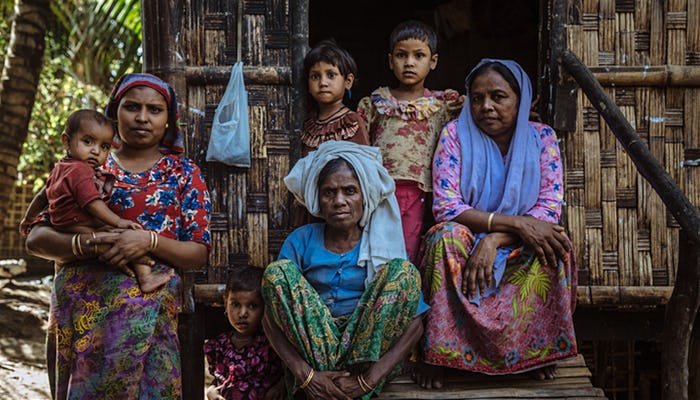
In Rakhine State, about 120,000 people continue to live in camps after they fled outbreaks of violence 5 years ago.
Geneva, MINA – To meet the urgent needs of nearly 900,000 Rohingya refugees and more than 330,000 vulnerable Bangladeshis in the communities hosting them, United Nations agencies and their humanitarian partners appealed jointly on Friday for US$951 million, WAM reported Saturday.
“We are talking about truly critical needs here both on the part of the Bangladeshi communities who have so generously opened their doors, and of a Stateless and refugee population that even prior to this crisis was among the world’s most marginalised and at risk,” UN High Commissioner for Refugees Filippo Grandi said in Geneva, launching the 2018 Joint Response Plan, JRP, for the Rohingya humanitarian crisis.
Over the months since the most recent Rohingya influx began, it has become the world’s fastest growing refugee crisis – with tens of thousands fleeing by land and sea daily from Myanmar’s northern Rakhine state at the peak of the emergency.
The Bangladesh Government and people have responded with extraordinary generosity and hospitality to the 671,000 Rohingya refugees who have arrived since 25th August.
Also Read: UN Experts Warn Right Violations in Kashmir by Indian Authorities
Almost seven months in, refugees continue to arrive and the situation in Cox’s Bazar remains fluid. The Kutupalong-Balukhali site, where some 600,000 refugees are living, is now the largest and most densely populated refugee settlement in the world.
“The solutions to this crisis lie inside Myanmar, and conditions must be established that will allow refugees to return home,” said Grandi. “But today we are appealing for help with the immediate needs, and these needs are vast.”
Complementing Bangladesh’s continuing efforts, the 2018 appeal aims to bring together more than 100 UN agencies and national and international non-governmental organisations to ensure that refugees and host communities receive the life-saving assistance, protection and the support they desperately need. It also includes contingency planning for 80,000 more refugees in the coming months.
Fifty-four percent of the appeal is to ensure food, water and sanitation, shelter and other basic aid, with food alone accounting for 25 percent of the total. The humanitarian response faces immense challenges, including congested conditions, gender-based violence and critical public health concerns, namely measles, diphtheria and diarrhoea.
Also Read: At Least Nine Children and One Woman Killed in Pakistani Airstrike on Afghanistan
So far, the emergency response from September 2017 to February 2018 has received $321 million of the $434 million required. (T/RS5/RS1)
Mi’raj Islamic News Agency (MINA)
Also Read: Pakistan Condemns Israeli Settler Attacks in West Bank, Al-Aqsa Storming








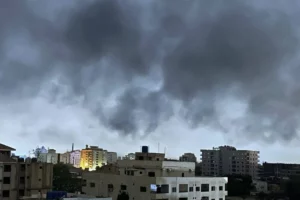

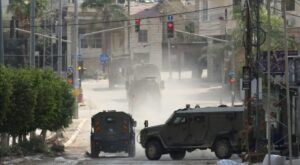
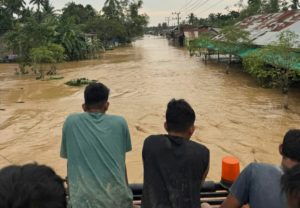
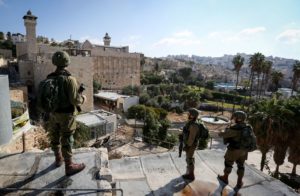
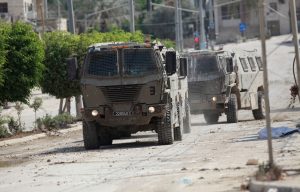
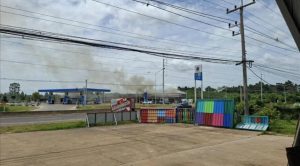
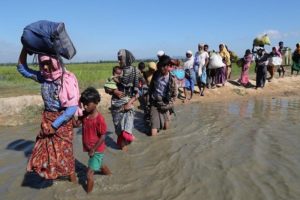
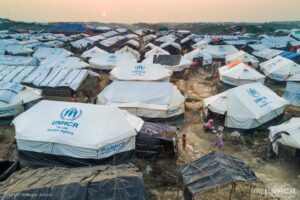

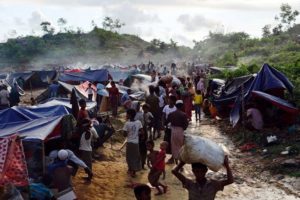











 Mina Indonesia
Mina Indonesia Mina Arabic
Mina Arabic